Hypothyroidism is a chronic metabolic disorder. It affects millions of people across the world and may exhibit a variety of life-altering symptoms such as fatigue, weight gain, depression and hair loss. Managing hypothyroidism requires a comprehensive approach involving medical treatment and self-care strategies. Here is more about symptoms, diagnosis and management of this prevalent health issue.
Symptoms of Hypothyroidism
The thyroid is the H-shaped endocrine gland located at the base of the throat. It produces hormones which regulate a number of physiological processes, including heart rate and digestion.
When the thyroid gland cannot produce sufficient T3 and T4 hormones, it will over-produce thyroid-stimulating hormone, or TSH. When TSH is measured as too high and T3 and T4 are too low, symptoms of hypothyroidism develop. The most common symptoms of hypothyroidism include:
- Continual fatigue
- Unexpected weight gain
- Dry skin and thinning hair
- Constipation
- Depressed mood
- Bradycardia, or slowed heart rate
- Muscle weakness and joint pain
- Continually feeling cold
- Decreased libido
- Infertility
- Brain fog and poor memory
Left undiagnosed, an underactive thyroid can lead to heart disease, thinning bone and other serious health problems.
Diagnosis of Hypothyroidism Symptoms
If you experience any of these symptoms regularly, consult with your primary healthcare provider. You will undergo a complete physical exam and blood tests.
These lab tests check for low levels of thyroid hormones and high levels of cholesterol, both of which are common indicators of hypothyroidism. Also, your primary care provider may perform painless and quick thyroid ultrasound imaging and/or thyroid biopsy to investigate the cause of your symptoms.
Hypothyroidism seems to have a variety of causes. Heredity is one of them. If close relatives, such as a mother or a sister, have low-performing thyroid glands, you may develop symptoms, too.
Other causes for this chronic health problem are autoimmune destruction of the thyroid gland, surgery to remove it (due to cancer, for instance), and some medications. Pregnancy and lack of sufficient iodine in the diet may precipitate low thyroid symptoms, too.
Finally, women are far more prone to have thyroid disease than men are. Some estimates reveal that women are up to 10 times more likely to develop the problem. This may be related to the hormonal changes of menstruation, pregnancy, and menopause.
Planning Treatment for Hypothyroidism
If you are diagnosed with hypothyroidism, follow your healthcare provider’s treatment recommendations. This comprehensive plan may include taking synthetic thyroid hormone medication daily (oral Synthroid, for instance). Be sure to take your pills exactly as prescribed.
Also, get regular check-ups with your primary care practitioner and have your hormone levels monitored. Your first blood draw may happen six to eight weeks after beginning your treatment plan.
Managing the Symptoms of Hypothyroidism
While there is no cure for hypothyroidism, managing symptoms greatly improves overall quality of life. Some ways to manage symptoms include:
- Staying warm through extra clothing and exercise
- Tracking your symptoms carefully so you can report them to your primary care practitioner
- Avoiding some foods, supplements (iron and calcium) and medications (such as antacids) which may interact with your thyroid medicine or with the action of the thyroid gland itself
- Engaging in light aerobic exercise regularly
- Consuming a heart-healthy diet low in processed foods, fat and carbohydrates and high in fiber and low-fat protein
- Sleeping eight hours every night
- Reducing your stress levels with prayer, meditation, deep breathing and engaging in activities which you enjoy
Finally, your primary care provider may advise you on ways to manage your weight as weight gain is a common symptom of hypothyroidism.
Hypothyroidism Treatments Near Me in Oviedo, FL
At Diabetes & Weight Loss Center, our lead primary care provider is certified family nurse practitioner Adriel Perez. He specializes in treating conditions related to diabetes, thyroid disorders and obesity. His approach is holistic, and he has years of experience helping people manage metabolic disorders, such as hypothyroidism, diabetes, hypertension and high cholesterol.
If you are having symptoms such as those described in this blog, please call our Oviedo, FL, office today at (407) 890-1876 to arrange a personalized consultation or request your visit here. We know we can help you feel your very best.


